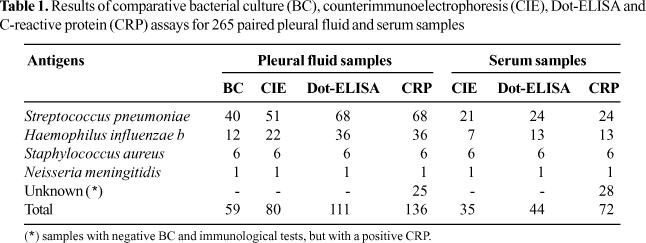C-reactive protein (CRP) is an acute phase reactant, a protein made by the liver and released into the blood within a few hours after tissue injury, the start of an infection, or other cause of inflammation. Markedly increased levels are observed, for example, after trauma or a heart attack, with active or uncontrolled autoimmune disorders, and with serious bacterial infections like sepsis. The level of CRP can jump as much as a thousand-fold in response to inflammatory conditions, and its rise in the blood can precede pain, fever, or other clinical indicators. The test measures the amount of CRP in the blood and can be valuable in detecting inflammation due to acute conditions or in monitoring disease activity in chronic conditions.
The CRP test is not diagnostic, but it provides information to a health practitioner as to whether inflammation is present. This information can be used in conjunction with other factors such as signs and symptoms, physical exam, and other tests to determine if someone has an acute inflammatory condition or is experiencing a flare-up of a chronic inflammatory disease. The health practitioner may then follow up with further testing and treatment.
This standard CRP test is not to be confused with an hs-CRP test. These are two different tests that measure CRP and each test measures a different range of CRP level in the blood for different purposes:
The standard CRP test measures markedly high levels of the protein to detect diseases that cause significant inflammation. It measures CRP in the range from 10 to 1000 mg/L.
The hs-CRP test accurately detects lower levels of the protein than the standard CRP test and is used to evaluate individuals for risk of cardiovascular disease. It measures CRP in the range from 0.5 to 10 mg/L.



 Contact Us
Contact Us






 Hospitals
Hospitals
 Doctors
Doctors
 Diagnostic
Diagnostic
 Pharmacy
Pharmacy
 Health Tips
Health Tips
 Blog
Blog

























Comments